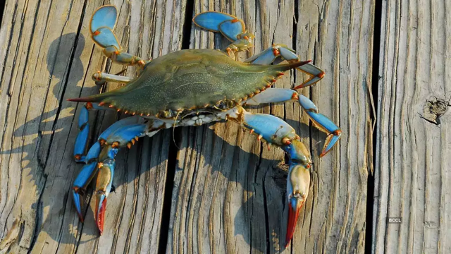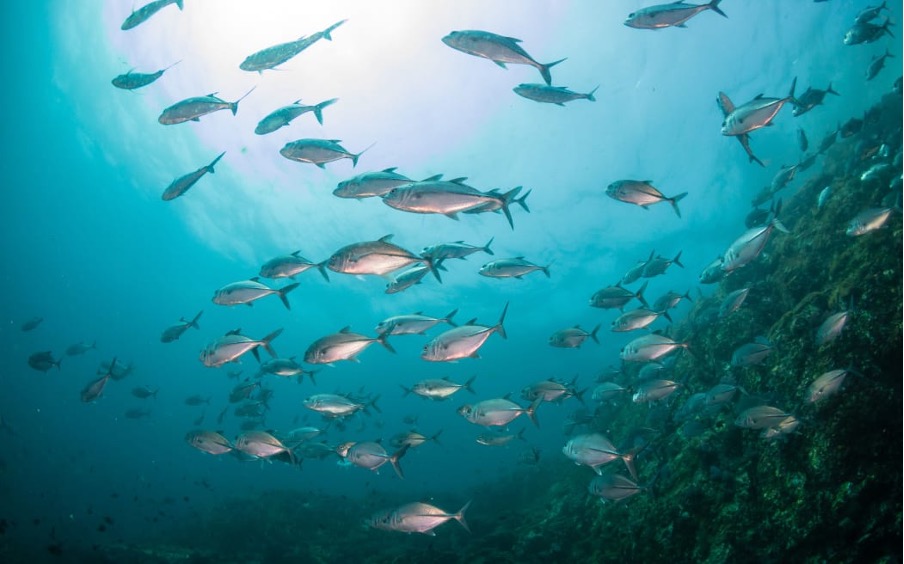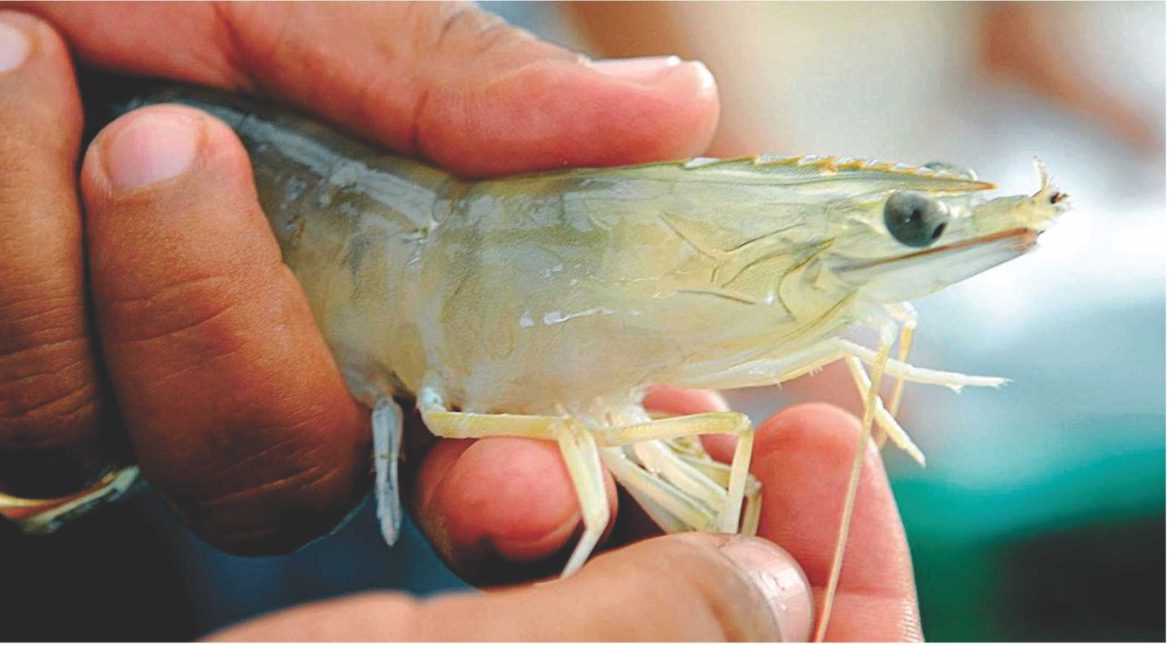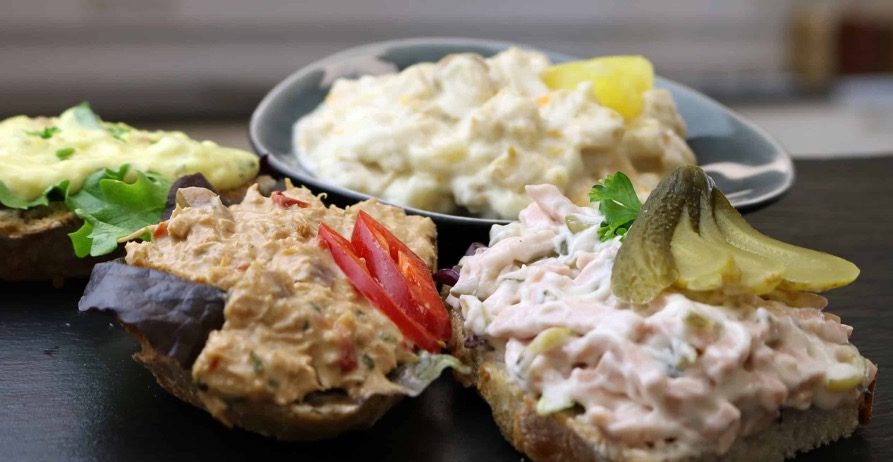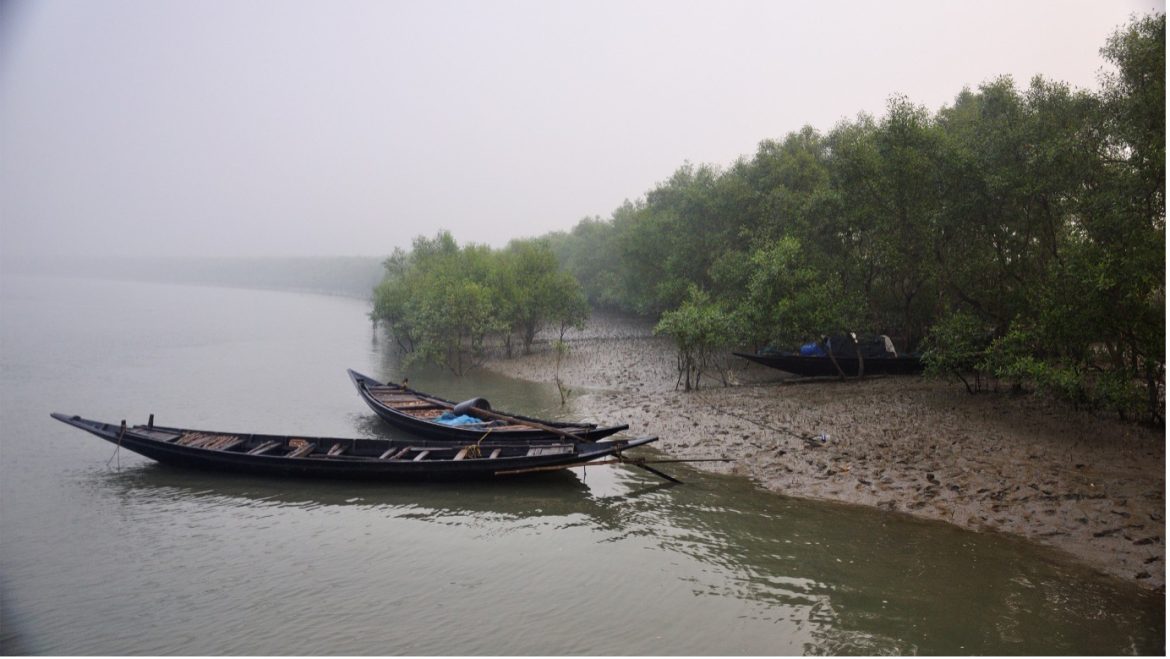Italy – Italian fishing communities in the northern regions of the country are facing a serious threat from invasive blue crabs, originating from the coasts of North and South America. These predatory crabs have rapidly spread across various lagoon-like areas in Italy over the past year, posing a significant risk to the local shellfish population and endangering Italy’s status as one of the world’s leading clam producers.
International
Romania Launches Fisheries Tourism Network to Promote Cultural Heritage
Bucharest- Romania has introduced the Fisheries Tourism Network, an innovative online platform offering tourists the opportunity to explore and discover the rich cultural heritage of its fisheries areas. Developed by local fisheries action groups (LAGs) with support from EU funding, the user-friendly platform creates an immersive experience by presenting sites in interactive tours.
Ecuador and Uruguay Forge Landmark Agreement to Combat Illegal Fishing
Ecuador and Uruguay – In a significant move to combat illegal, unreported, and unregulated (IUU) fishing along the coasts of South America, Ecuador and Uruguay have signed a landmark memorandum of understanding (MoU). This agreement represents a crucial step forward in strengthening their partnership and developing cooperative strategies to address IUU fishing.
Marine Heat Waves Show Limited Lasting Impact on Fisheries, Rutgers-Led Study Finds
A recent study led by researchers at Rutgers University has revealed that marine heat waves, prolonged periods of abnormally warm ocean temperatures, have not had a significant and lasting impact on the fish communities that support much of the world’s food supply. This discovery stands in stark contrast to the devastating consequences observed in other marine ecosystems following similar warming events, including widespread coral bleaching and harmful algal blooms.
Global Shrimp Producers Pave the Way for the Creation of the Global Shrimp Council
Utrecht, Netherlands – During meetings held at the Global Shrimp Forum in Utrecht this week, shrimp producers from various countries, including Ecuador, Mexico, India, Vietnam, and Indonesia, reached a consensus on the need to establish a global body dedicated to promoting shrimp consumption on international markets, with the aim of benefiting the entire industry. There was unanimous agreement that this organization should be producer-driven and focus its efforts on global markets.
One proposed solution discussed during the meetings was the establishment of the “Global Shrimp Council” within the National Fisheries Institute (NFI) in the United States. Attendees had the opportunity to deliberate on this proposal and consider next steps. These steps include further detailed work to determine the most effective governance structure and financing mechanisms for the organization. The importance of close cooperation with shrimp producers throughout the process was emphasized.
David Castro, CEO of Manta Bay, a seafood trading company based in Mexico and one of the initiators of the meeting, stated, “The Global Shrimp Council is an initiative with the intention to harmonize the interests of participants in this significant industry through a systemic vision. One of these interests is to introduce the global consumer to the benefits of consuming the finest sustainably produced protein sources, such as shrimp.”
The discussions held during these initial talks will lead to a subsequent meeting before the end of the year, with the goal of establishing the Global Shrimp Council by 2024.
Annual ICES Scientific Conference in Bilbao Addresses Urgent Need for Ocean Sustainability
Bilbao, Spain – The annual ICES scientific conference commenced on September 11th in Bilbao and is set to run until September 14th. The conference has gathered more than 750 marine science professionals, research institute leaders, and political figures from Europe and North America. Their mission is to discuss and emphasize the critical importance of enhancing the sustainability of marine ecosystems.
Rogelio Pozo, the Chief Executive Officer of AZTI, the marine science and technology center hosting the event, highlighted the growing recognition of the oceans’ significance in addressing environmental and economic challenges on both national and international fronts. Pozo described the conference as a significant milestone for the Basque Country and the province of Bizkaia.
The conference, accessible online, features a robust agenda comprising presentations, working sessions, and roundtable discussions centered on current issues. Particular attention is being given to the efforts aimed at providing scientific insights, data, and guidance for the sustainable utilization of seas and oceans.
The scientific research presented during the conference seeks to establish the groundwork for securing the ongoing benefits that marine and coastal ecosystems offer to society. These benefits, known as ecosystem services, are examined within the context of adapting to and bolstering resilience in marine and human systems in the face of climate change.
The event’s objectives align with the goals set forth by the World Summit on Sustainable Development, the Biodiversity Strategy for 2030, and the Marine Strategy Framework Directive (MSFG), as well as the United Nations Sustainable Development Goals. It also seeks to facilitate the full implementation of the Common Fisheries Policy, with a new approach aimed at ensuring the favorable conservation status of habitats and species integral to the ocean’s services and benefits.
The ICES scientific conference serves as a crucial platform for fostering collaboration and knowledge sharing among experts and policymakers to address the pressing challenges of ocean sustainability.
Loryma Reveals Innovative Plant-Based Tuna Alternatives with Realistic Texture and Sensory Qualities
Loryma, a prominent producer of wheat-based ingredients based in Germany, has introduced prototypes for a series of plant-based alternatives to tuna, offering an exciting development in the realm of meat alternatives.
These innovative prototypes are the result of Loryma’s dedication to replicating the texture and sensory attributes of tuna using plant-based ingredients. The company has crafted a range of application recipes, demonstrating the versatility of their plant-based product, which can closely mimic the qualities of real tuna.
Loryma’s offerings encompass various possibilities, including options for deli and frozen food products, as well as a classic canned version. These products can be customized and flavored by potential manufacturers to suit diverse culinary preferences.
Explaining the manufacturing process behind achieving a lifelike fish-like texture for their plant-based products, Loryma shared, “In order to achieve a realistic texture, fine Lory Tex® Snips and long, fibrous Lory Tex® Fibres are mixed together and then rehydrated with water. This blend can be further processed with colorings and flavorings to prepare various foodstuffs, such as meatballs, deli salads, and toppings for frozen foods.”
What sets this tuna alternative apart is its versatility in the kitchen; it can be used in much the same way as conventional tuna, such as a topping for pizzas or salads. Notably, the plant-based version boasts around 19 grams of protein per 100 grams, owing to the inclusion of extruded wheat protein.
Norbert Klein, the head of research and development at Loryma, expressed the company’s enthusiasm for the product’s potential, stating, “We offer a sustainable, authentic alternative using wheat, which we source mainly regionally in Germany. The sensory properties of our vegan version are every bit as good as the original.”
Loryma’s innovative plant-based tuna alternatives have the potential to not only cater to the growing demand for sustainable and cruelty-free food options but also provide an exciting new avenue for culinary exploration and dietary choices.
India’s Seafood Exports to Ukraine Suffer Due to Russia-Ukraine Conflict, While Overall Exports Surge
In a recent development, India’s seafood exports to Ukraine have seen a significant decline, dropping to USD 1.36 million during April-January 2022-23. This sharp decrease is attributed to the ongoing Russia-Ukraine conflict, which has disrupted trade between the two nations. This figure is in stark contrast to the USD 11.2 million recorded during the same period in the previous fiscal year, April-January 2021-22. The information was shared by Minister of State for Commerce and Industry, Anupriya Patel, in a written reply to the Lok Sabha.
Despite this setback, India’s overall seafood exports have demonstrated resilience and growth. The total seafood exports from India have risen from USD 6.66 billion in April-January 2021-22 to USD 6.86 billion in the corresponding period of 2022-23.
Furthermore, seafood exports to Russia have displayed an upward trend, reaching USD 112.53 million during April-January 2022-23, compared to USD 98.84 million in the same period the previous year.
Andhra Pradesh, a key player in India’s seafood industry, contributed significantly to the nation’s exports, accounting for approximately 35 percent of India’s seafood exports in the fiscal year 2021-22.
In a separate disclosure, Minister Anupriya Patel also revealed that as of the end of December 2022, India’s foreign exchange reserves stood at an impressive USD 562.72 billion, equivalent to 9.3 months of imports, indicating the nation’s robust financial stability.
Mandapam, Madurai: Central Marine Fisheries Research Centre’s regional centre in Mandapam released an impressive 6.8 million green tiger shrimp seeds into the Palk Bay. This sea ranching initiative falls under the project titled ‘Sea Ranching of Green Tiger Shrimp (Penaeus semisulcatus) Post Larvae (PL) in the Palk Bay and the Gulf of Mannar, Tamil Nadu.’ It is funded by the Department of Fisheries, Union Ministry of Fisheries, Animal Husbandry, and Dairying, as part of the central sector scheme component of the Pradhan Mantri Matsya Sampada Yogana (PMMSY).
Since its launch in February 2022, a remarkable 75.34 million green tiger shrimp seeds have been introduced into the Palk Bay and the Gulf of Mannar, marking a significant step in the conservation of this species and the enhancement of local aquatic ecosystems.
Poison Fishing Persists in Bangladesh’s Sundarbans Despite Court Verdict
Khulna District, Bangladesh – The world-renowned Sundarbans, the largest mangrove forest on the planet, has long provided livelihoods to countless people who rely on its abundant natural resources, including fish, crabs, honey, and timber. To strike a balance between resource extraction and forest preservation, the Bangladesh Forest Department has issued fee-based permits for resource harvesting in specific areas of the Sundarbans, with the exception of the annual wildlife breeding season from June to August.

